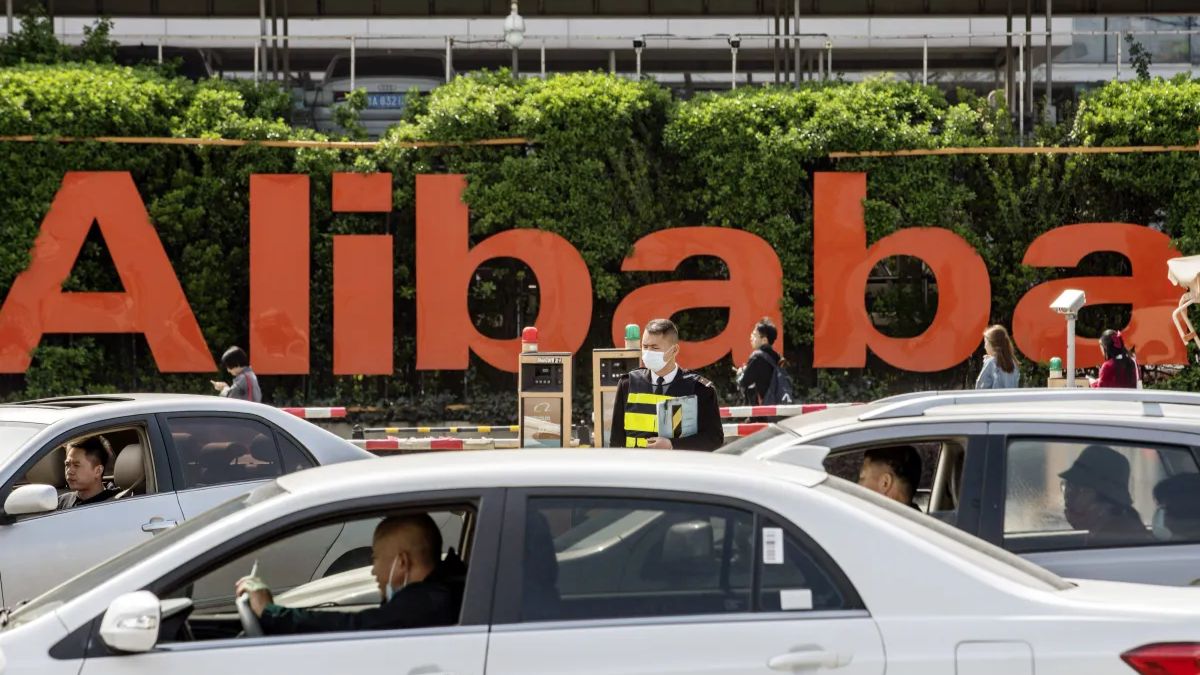In response to the ongoing U.S. semiconductor sanctions, Alibaba has joined forces with Nvidia to enhance electric vehicle (EV) development for Chinese automakers. These sanctions have limited China’s access to advanced AI chips, including those from Nvidia, creating obstacles for the country’s AI progress. Alibaba, like other U.S. chip companies, has voiced concerns about the restrictions, emphasizing China’s importance as a key market for semiconductor technologies.
During the Apsara Conference, Alibaba Cloud unveiled a new large multimodal model (LMM) solution, co-developed with Nvidia and Banma Network Technology, a provider of intelligent cockpit solutions. This innovative LMM solution integrates Alibaba Cloud’s proprietary large language models (LLMs) from its Qwen portfolio with Nvidia’s Drive AGX Orin platform, designed for autonomous vehicles. The solution aims to revolutionize in-car experiences by enabling advanced voice assistants to offer recommendations and execute voice commands in real time.
In addition to the current LMM solution, both Nvidia and Alibaba Cloud are exploring the integration of Qwen LLMs with Nvidia’s Drive Thor, a powerful centralized car computing platform, further expanding the scope of autonomous and intelligent vehicle functionalities.
Last week, Alibaba kicked off its 2024 Apsara Conference, unveiling 100 open-source AI models. These models cater to diverse sectors such as automotive, gaming, and scientific research, highlighting Alibaba’s dedication to AI innovation in the face of external geopolitical pressures. The company’s stock has risen by over 1% in the past year, reflecting resilience amid a weakened domestic economy and geopolitical tensions.


